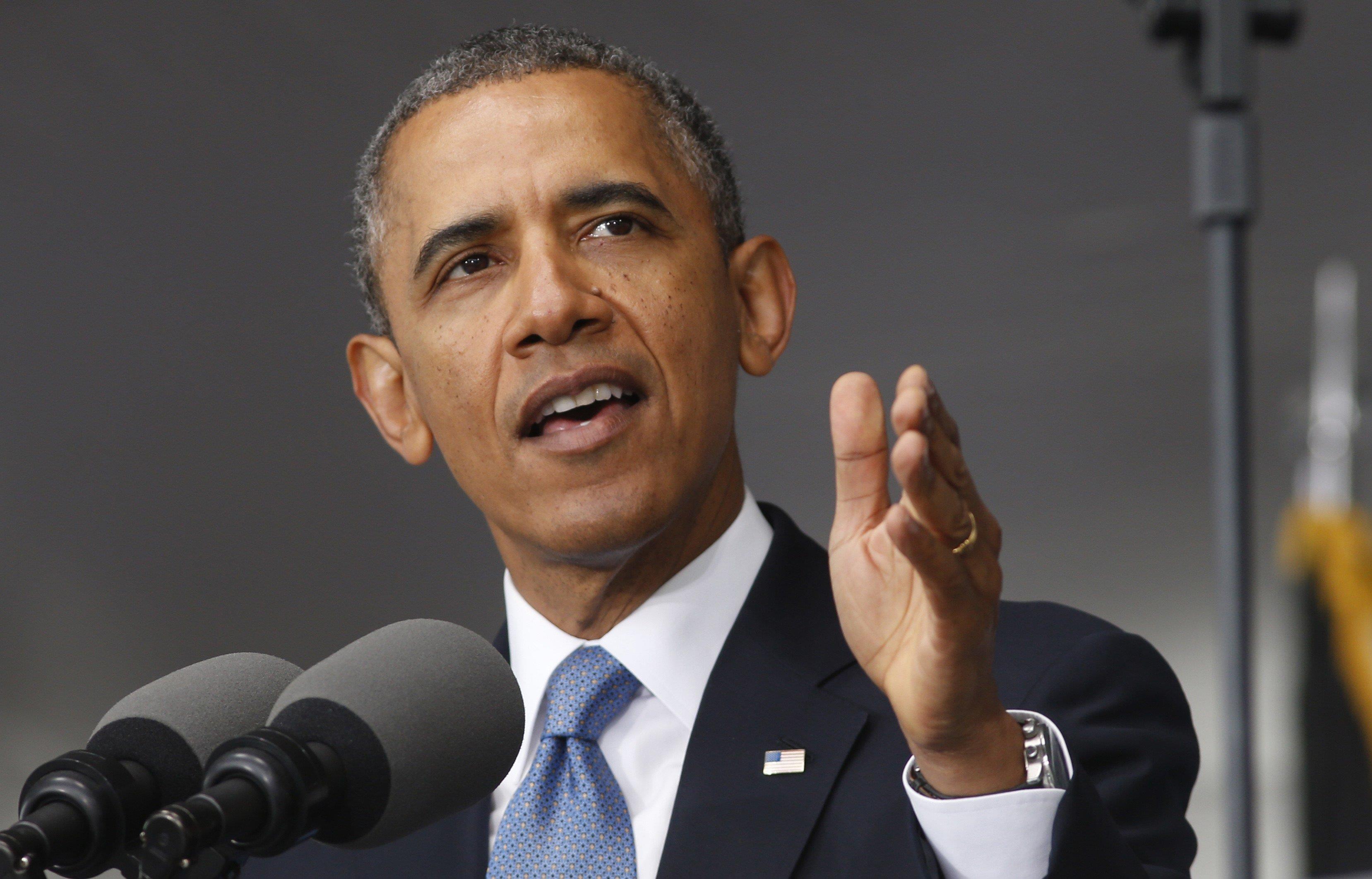Unveiling “Operation Inherent Resolve” against the Islamic State back in September, President Obama made it clear that his principal strategy would be the same as that pursued in other recent campaigns: assassination. Deploying his preferred macho euphemism, he reminded us “we took out Osama bin Laden, much of al Qaeda’s leadership in Afghanistan and Pakistan, and leaders of al Qaeda affiliates in Yemen and Somalia.” Thus would we “degrade and destroy” this latest threat.
Six months later, no one seems to feel much in need of a rethink despite the fact that swaths of territory have fallen to the enemy, now mounting battalion-strength attacks on Kurdish positions uncomfortably close to Irbil, while making steady inroads not only in Libya, but Turkey. It took three months, 700 air strikes, and a battle-hardened force of Syrian-Kurdish guerillas to lift the siege of Kobani, the Kurdish town on the Turkish border besieged by the Islamic State. Despite hopeful bulletins, there is little sign that enemy cohesion or resolve is weakening.
Nevertheless, the mystique of “high value targeting,” especially when inflicted by supposedly unerring precision weapons or super-elite Special Forces commandos, isn’t going to go away any time soon. The public loves it of course, which comes as no surprise given our steady diet of Hollywood promotion in movies like Zero Dark 30, Lone Survivor, American Sniper. But so do our leaders, and they ought to know better. Decades of experience indicate that striking at enemy leadership in expectation of significant beneficial effect invariably leads not only to disappointment, but also to unexpectedly unpleasant consequences.

